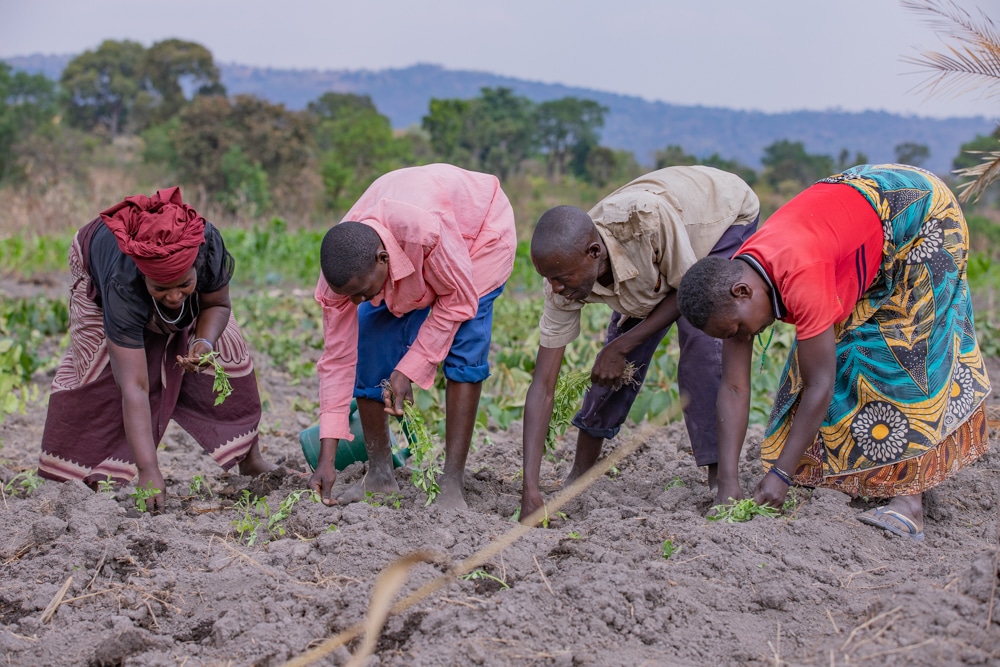Climate Action Peer Learning Program

For over a year, Sephrose has been part of a farming group that belongs to the LWF project. With the LWF project, she has received knowledge on what to plant, where to get the seeds, how to irrigate – the whole process helping her to have a good harvest. She said: “Now my children are better nourished thanks to the bigger and better crops that I got”. Photo: Australian Lutheran World Service/Lutheran World Federation Burundi
Registration Open Now!
ACFID invites its members to participate in a 3-month program aimed at systematically reviewing and enhancing their organisation’s approach to climate action in operational, programmatic, and advocacy aspects of their organisation.
Participating organisations will be organised into Peer Learning Groups, each comprising representation from three ACFID members, with 1-3 staff per organisation. These groups will convene regularly over the course of 3 months to discuss and reflect upon curated external resources, as well as their own policies and practices.
The Peer Learning Groups will be self-led, focusing on selected learning topics from a predetermined “menu” provided by ACFID. Additionally, ACFID will offer guidance through structured agendas, reading lists, discussion topics, and templates for action planning.
To kickstart the program, ACFID will conduct a workshop at the outset, facilitating the establishment of Peer Learning Groups and assisting them in planning for the program. At the conclusion of the 3-month period, ACFID will host a concluding workshop bringing together participating organisations. This session will provide a platform for sharing key insights and offer guidance for the long-term planning of climate action within participating organisations.
The Peer Learning program has ben developed by ACFID, with guidance from its Development Practice Committee and with technical support from The University of Technology Sydney – Institute of Sustainable Futures.
A contribution to the cost of the Program is requested, of $500 for medium and large ACFID members, and $200 for small members. If cost will be a barrier to an organisation’s participation, please contact ACFID to discuss options.
For more information, download the Climate Action Peer Learning Program brochure.
Registration closes on 16th February 2024. Registration forms are are available here. To note – instructions for making payment will be provided following registration.
For more information, contact Anne Fitzpatrick, Learning and Impact Advisor, at [email protected].



